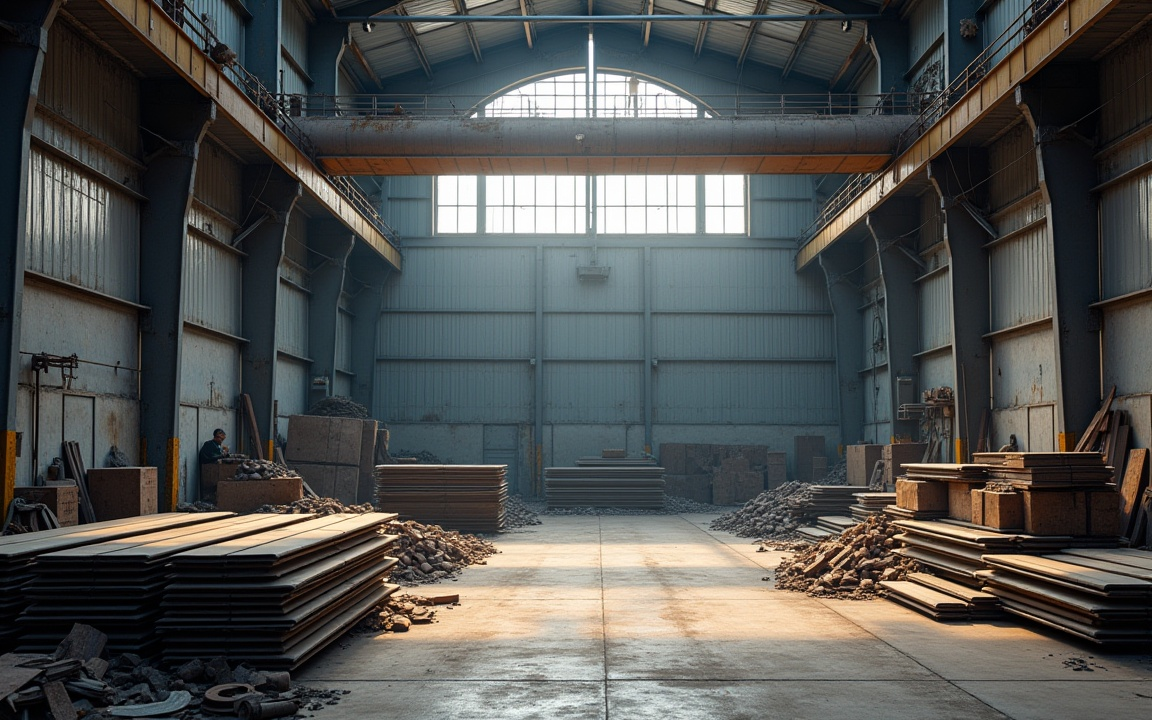
Shares of South Korean and Vietnamese steel producers, key Asian exporters to the US, fell on Monday following President Donald Trump’s announcement that he would double tariffs on imported steel and aluminum to 50%.
Trump declared the new steel and aluminum tariffs on Friday, set to begin on June 4.
This action intensified a global trade conflict and occurred shortly after he accused China of breaking a deal with the US to mutually reduce tariffs and trade barriers for essential minerals.
Disruptions in exports
Experts in the steel industry believe that although the higher tariffs will greatly disrupt major exporters to the US, these rates might decrease given some of Trump’s changes in trade policy, according to a Reuters report.
“Frequent shifts in the Trump administration’s tariff policies introduce considerable uncertainty regarding the actual impact…I think the final result will be far lower than initially projected, especially concerning its duration,” Chelsea Ye, senior analyst at metals research firm McCloskey was quoted in the report.
The South Korean Industry Ministry stated on Monday that it would address the recently imposed 50% tariff on steel products as part of its ongoing trade talks with Washington.
The ministry aims to mitigate any adverse effects the tariff may have on domestic industries through these discussions.
According to data from the American Iron and Steel Institute, South Korea ranked as the fourth-largest exporter of steel to the US in the preceding year, with Canada, Mexico, and Brazil holding the top three positions.
In response to this, South Korea’s Industry Ministry reported holding an urgent meeting. Attendees included officials from the nation’s leading steel manufacturers, such as POSCO and Hyundai Steel.
Shares fall
South Korean steel stocks declined on Monday, with POSCO and Hyundai Steel each dropping 3%, and SeAH Steel Corp experiencing a larger 8% decrease.
Vietnamese steel producers also saw losses. Hoa Sen Group and Nam Kim Steel fell by 2.8% and 3.4%, respectively, while Vietnam Steel Corp was down by 2.7%.
Government data indicated a 27% decrease in Vietnam’s steel and steel product exports to the US during the initial four months of the current year.
Korean steel exporters will face increased difficulties due to the 50% tariffs.
An industry executive informed Reuters that these exporters have already been cautious about significantly increasing exports to the US to avoid scrutiny from Washington, even with rising American steel prices.
The executive said:
It will be a burden to exporting companies if there are no additional steel price increases in the US.
South Korea’s steel exports to the US saw a 12% increase in April compared to the previous year, despite existing tariffs, trade data shows.
These steel and aluminum tariffs, primarily a 25% levy on most imports, were implemented on March 12 as some of the initial measures by Trump upon his return to office in January.
According to the report, industry sources indicate that the tariffs have led to higher US steel prices, subsequently impacting various sectors such as home appliances, automobiles, and construction.
Salzgitter, Germany’s second-largest steel producer, cautioned that the US’ tariff policies are significantly harming European industry.
South Korea calls for relief
During trade discussions, South Korea, a key US ally, has requested exemptions from tariffs on steel, automobiles, and other products.
Seoul committed in late April to develop a trade package before the 90-day suspension of Trump’s reciprocal tariffs concludes in July.
However, negotiators have faced challenges in making significant progress due to a lack of strong political leadership preceding Tuesday’s elections.
Responding to US tariffs, Hyundai Steel revealed in late March its $5.8 billion plan to construct a Louisiana factory, slated to open in 2029.
Subsequently, in April, POSCO, a larger competitor of Hyundai Steel, entered into a preliminary agreement to make an equity investment in this factory project.
India market
Aluminium industry specialists in India, a nation significantly dependent on US aluminium exports, also predicted a substantial adverse impact.
“This is going to have a detrimental impact,” B.K. Bhatia, director-general at the Federation of Indian Mineral Industries, the country’s leading mining body, was quoted in the report.
The U.S. is the biggest market for Indian aluminium. Government has been negotiating so we are hopeful that with talks, the tariffs will come down.
According to the Department of Commerce, the US imported 26.2 million tons of steel in 2024, making it the world’s largest steel importer outside of the European Union.
Consequently, the newly implemented tariffs are expected to cause a general increase in steel prices, negatively impacting both industrial sectors and consumers.
The post Trump’s tariff hikes cause steel stocks to fall across Asia appeared first on Invezz

